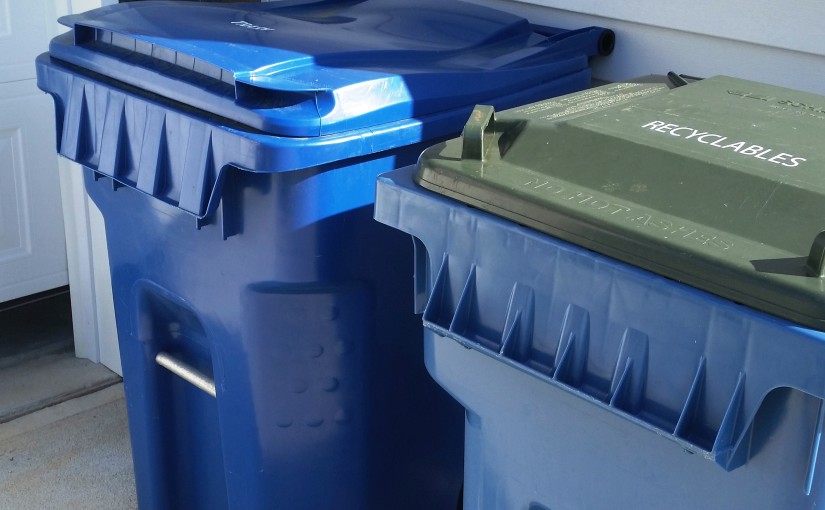Updated: July 10, 2024
Original post August 2015
Parents of special education students need a good filing system–whether it be in a desk or online–be mindful of the documents. That being said, there are only two documents that parents should keep. When I say “keep,” I mean locked up in a fire-proof safe needing only a golden key or a 2-step verification to retrieve them using a secret password. You can thank me later. Here’s the challenge. Parents receive so much paperwork it makes our heads spin. But over the years, there are two specific documents which I am repeatedly asked to provide to on behalf of my child.
1. Keep the original doctor’s letter which indicates your child’s original diagnosis.
Parents and guardians need to provide this delicate piece of information when they register their kidlet for school. If you happen to have a paper copy, make another copy for the school and don’t give the school the original. Did I mention not to give up the original? You will need the original for the rest of your child’s school days through high school and beyond. Whatever you do, hang onto that original diagnosis and keep it safe.
Why do you need this diagnosis letter after the school has their copy? The answer is simple. If it does not get misplaced at the school level, they most likely will keep it in the file as long as your child is registered as a student there. When your child transitions to the next level, such as middle or high school, the file usually is sent to the next school. If the child moves to another county within the state or another state altogether, there is a good possibility the new special education staff will re-assess your child. At that point, unfortunately, parents have the burden of proof to gain services all over again. School files are now sent electronically from school to school or state to state, but as we all know, bad things happen when they shouldn’t–so keep your documents safe.
Another area where the diagnosis letter will be needed is when applying for any government benefits. This may not seem important when your child is younger; however, agencies such as Department of Disability, Health and Human Services, and/or Medicaid, might request a copy of the diagnosis letter. It is important to understand that whether or not someone “looks” disabled doesn’t always make it so. Therefore, these agencies will not provide services without written proof.
2. Keep the last two “psycho-educational evaluations” provided either independently or from the last school your child attended.
For some of the same reasons to keep the diagnosis letter, parents would benefit from keeping any evaluations performed. Many times the evaluations are kept in the student file at school, but when transitioning to middle or high school, questions arise about goals and accommodations. If your child is making progress, the evaluations are a good tool to assess any discrepancies in processing or academics. These evaluations are very tedious and costly. They are usually performed over a period of weeks or months so they are not easily duplicated. Take care with these documents and keep them safe forever. Online files or in a box–but hold onto them.
Colleges and universities will also require these evaluations. There is a good possibility, they will ask for the doctors’ diagnosis letter, but colleges are more interested in providing accommodations for accessibility. Since they are bound by Section 504 of the Rehabilitation Act of 1973, and the Americans with Disability Act administrators want to be sure they are doing all they can for their disabled students. Keep in mind while colleges do not modify curriculum or assignments, they must provide accommodations in order to access the curriculum. For this reason, colleges and universities require the most recent evaluation in order to provide the optimum learning environment. Post-secondary schools do not conduct their own evaluations for the students. Therefore, a student must prove they are disabled and require services.
Long-term
When a child becomes a young adult and decides that he or she would like to live independently, parents can tap into local community resources. The challenge here is that, again, nothing is for free. Independent living, group housing and any related service provided by the state or county will require proof that your child is eligible. These evaluations not only prove academic skills or lack thereof, but they also provide an insight as to advocacy and sustainability. In addition, the state offers various programs for eligible individuals and the evaluation is a great tool to assess placement.
Parents might wonder if an evaluation, which was performed sometime during high school would be useful anyway. That is a very good question. Evaluations are performed every three years in school. Unless your child has a progressive debilitating disease, the evaluation will provide enough data for the future. Most teenagers, basically, “are what they are” when they graduate. What I mean is, by the time a student graduates from high school, he or she will have learned most of the academic and occupational skills necessary for long-term living arrangements. Services will be provided based on their current status, not a future status.
Parents might benefit from keeping current documentation during the school year, but once a new evaluation is in place, any evidence to support previous evaluations is moot and can be thrown away. After three years, students usually are re-evaluated and new goals and accommodations are set. Anything related to the diagnosis, or the most recent evaluation should be protected and stored somewhere safe.




Let’s Talk!